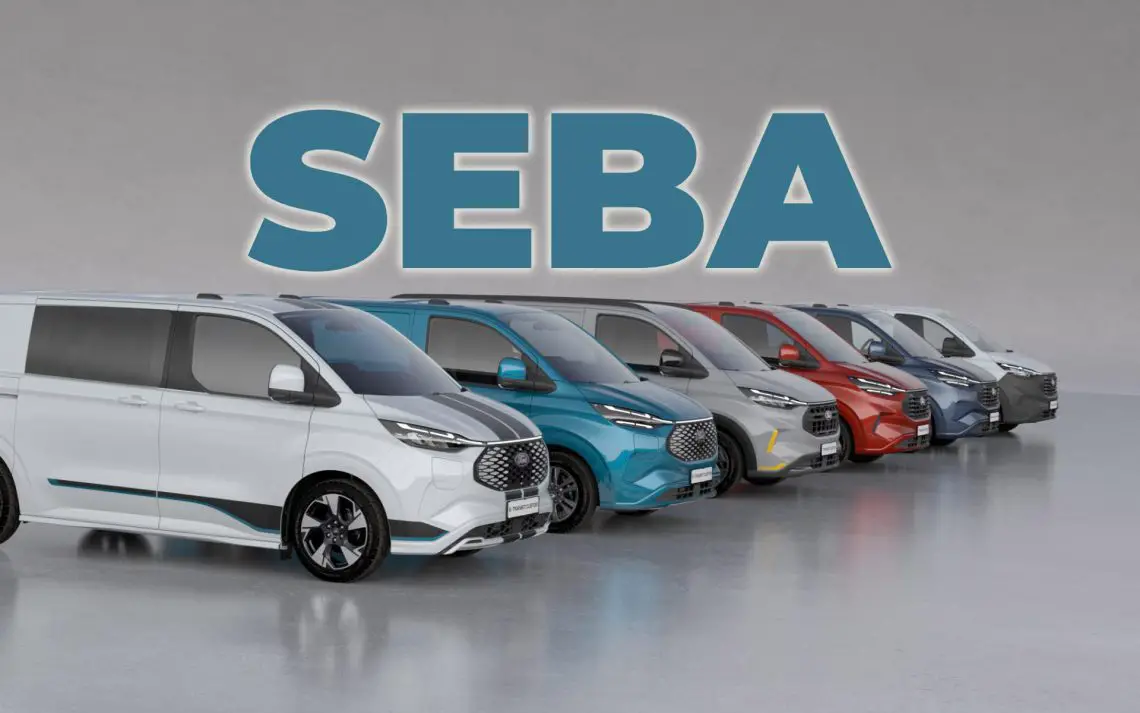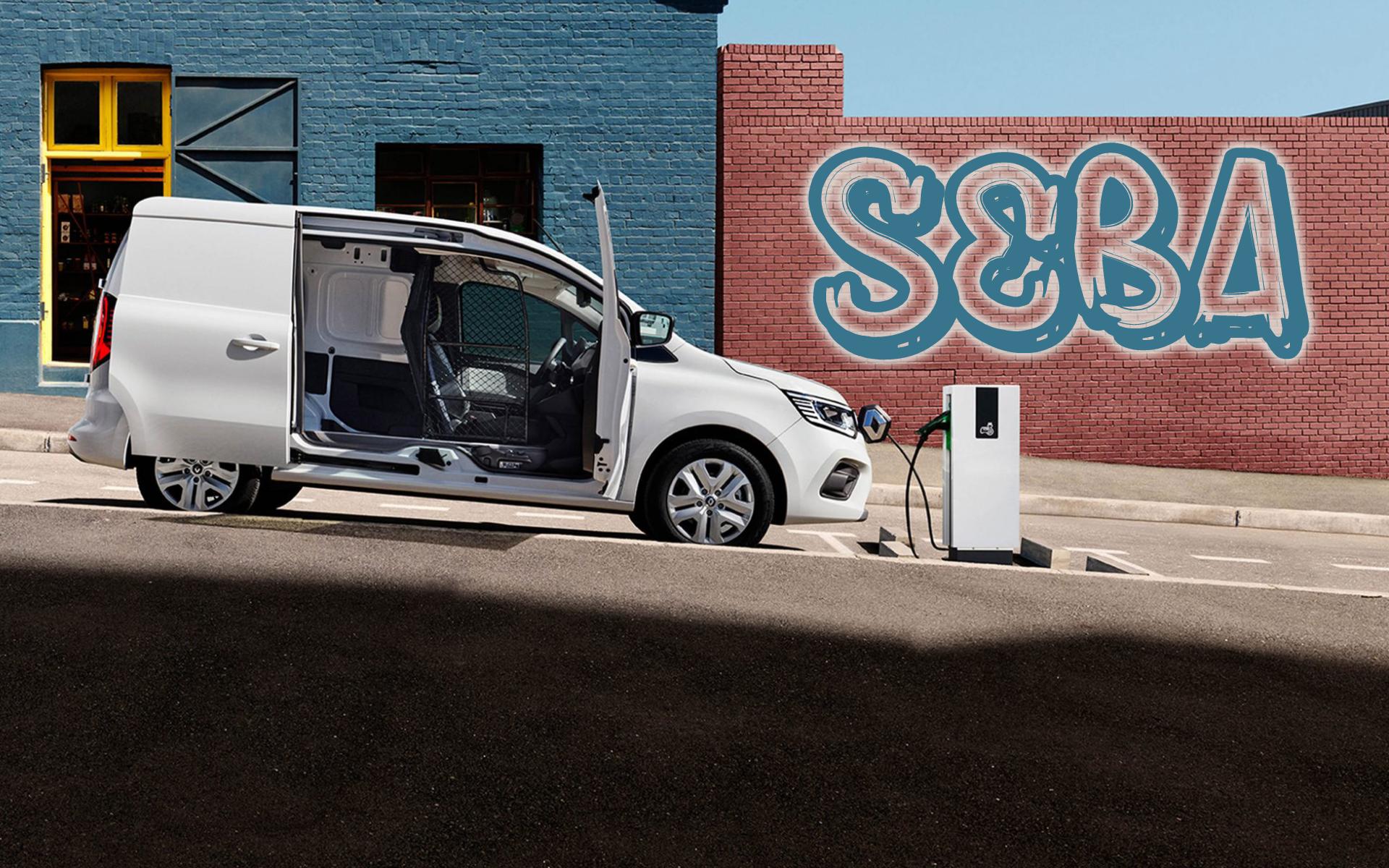Zero Emission Commercial Vehicles (SEBA) subsidy scheme in 2023: all details
SEBA grant amount in 2023
The SEBA grant scheme was created in 2021 and will continue until Dec. 31, 2025. The subsidy ceiling per commercial vehicle varies from year to year. In 2023, the total SEBA annual budget is a solid €33 million and the subsidy comes to 10% of the purchase value with a maximum of €5,000. A slight difference exists for small businesses and nonprofit institutions. For those parties, the subsidy rate is 12%.
Only with purchase/financial lease
With 33 million euros, about 7,500 commercial vehicles can be purchased with SEBA subsidies. As mentioned above, the Zero Emission Company Cars Subsidy Scheme applies to entrepreneurs and non-profit organizations. You are only eligible for the SEBA scheme when you buy/financial lease a new, locally emission-free commercial vehicle. Through operating lease, the leasing company must apply for the subsidy.
Vehicle category N1 or N2
Only cargo commercial vehicles of vehicle category N1 or N2, with a maximum weight of 4,250 kilograms, are eligible for SEBA. After SEBA’s application is approved, it takes up to 7 months until the commercial vehicle is delivered. If there is a longer lead time, the applicant may extend this approval period by up to 5 months.
To be combined with Environmental Investment Allowance (MIA)
If the subsidy pot is empty, one must wait until the new year. The Rijksdienst voor Ondernemend Nederland works
the state of the SEBA budget
updated every Monday. So checking the remaining budget every now and then is worthwhile. SEBA can also be combined with the Environmental Investment Allowance (MIA). RFO provides more information on that topic on this website: rvo.nl/subsidies-financing/seba/seba-en-mia.
Important: the requirements!
The commercial vehicle to be purchased must be new, locally emission-free and equipped with an electric motor. The net list price from vehicle category N1 is €20,000 or more, excluding VAT, including bpm and including options fitted prior to the declaration of the license plate. On the SEBA application date, the vehicle must not yet be registered. There are many other conditions. We list all conditions for SEBA 2023 for you below.

Conditions SEBA 2023
To apply for SEBA, you must meet these requirements:
Applicant requirements
- You are an entrepreneur or have a nonprofit.
- You have not yet entered into a final purchase or financial lease agreement at the time you submit the grant application. This means that the purchase or lease agreement is final at a later date. So you first apply for the SEBA with a not yet finalized agreement. This non-final agreement must have a provision stating that the agreement is not final until a later date. The agreement may also state that the purchase or financial lease does not become final until there is a positive decision on the grant application. This is a condition precedent or condition subsequent. For example, you can include in the agreement, “Order becomes final upon submission of application SEBA” or “Order becomes final upon award of application SEBA.
Company car requirements
- The company car is not yet registered in your name in the RDW registration register at the time of the subsidy application.
- It is a completely emission-free commercial vehicle driven by an electric motor.
- The company car is new. That means the date of first registration in the Netherlands, date of first admission and date of last registration have the same date
- The commercial vehicle falls under vehicle classifications N1, or N2 up to a maximum weight of 4,250 kg and has a gray license plate with a B or V as the first letter.
- The net list price of the company car in vehicle category N1, or the sales price without VAT of a company car in vehicle category N2 is €20,000 or higher. Net list price is excluding VAT, including bpm and options applied before registration.
Technical requirements
- An electric commercial vehicle in vehicle category N1 with a light vehicle type approval has a WLTP range of at least 100 kilometers.
- For other electric commercial vehicles (vehicle category N1 with heavy-duty vehicle type approval, and vehicle category N2 up to 4,250 kilograms), there is no minimum range.
- It must be a commercial vehicle as referred to in article 1.1 of the
Vehicles Regulation
. The company car must be completely emission-free. The car may only run with an electric motor. - Fuel codes E and W are eligible.

